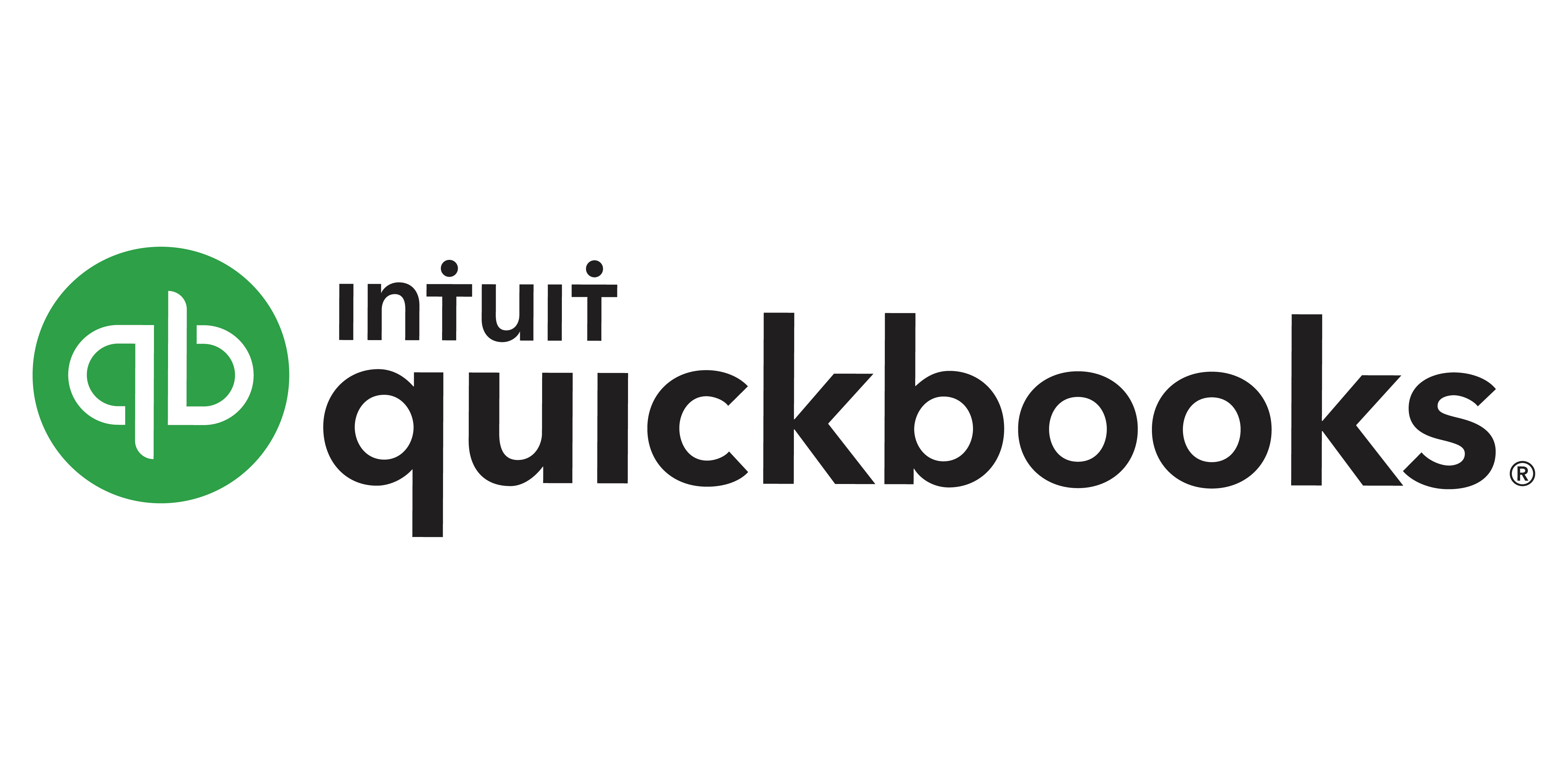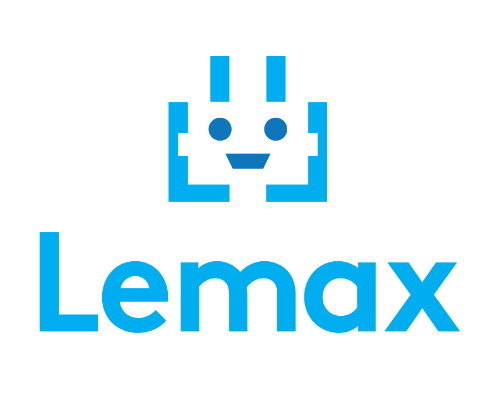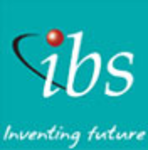What Is Airline Reservation System?
Airline Reservation System, also known as Airline Ticketing System, is a software program used by airlines to organize and automate the booking and sale of aircraft tickets to customers. It is a critical component of the airline business, allowing carriers to properly manage flight schedules, seat availability, and ticket price.
The goal of an airline reservation system is to make the ticket purchasing process easier for both carriers and customers. Customers may browse, select, and purchase airplane tickets using a user-friendly interface, and airlines can monitor and track ticket sales, revenue, and flight data.
One of the key advantages of an airline reservation system is its ability to interface with a variety of distribution channels, including travel agencies, internet travel agents, and worldwide distribution networks. This expands the reach and accessibility of potential consumers, resulting in better ticket sales for airlines. The system also includes elements that improve the booking process, such as seat selection, online check-in, and the ability to purchase additional services like extra luggage, seat upgrades, and in-flight meals.
This not only improves the consumer experience but also enables airlines to collect more income. Furthermore, as technology advances, many contemporary airline reservation systems also have mobile applications that allow travelers to effortlessly book and manage their trips while on the move.
What Are the Recent Trends in Airline Reservation System?
In recent years, the airline sector has seen a considerable transition toward digitization and technological innovation. This has resulted in several adjustments and enhancements to traditional airline reservation systems.
Below are some current trends in airline reservation systems that purchasers should be aware of:
1. Mobile booking: As smartphones and mobile applications become more popular, an increasing number of passengers are using their devices to book flights. This has resulted in an increase in demand for mobile-friendly airline reservation systems that enable clients to effortlessly book and manage their trips while on the go.
2. Personalization: Airlines are increasingly relying on consumer data and technology to provide individualized travel experiences. This involves adapting airline recommendations and offers to a customer's previous travel history, preferences, and behavior. This trend was made feasible by incorporating contemporary data analytics and machine learning techniques into reservation systems.
3. Self-service options: Customers nowadays want greater autonomy and flexibility when it comes to managing their travel arrangements. This has resulted in an increase in self-service alternatives, such as online check-in, seat selection, and baggage monitoring, which are now fully integrated into airline reservation systems.
4. Multi-channel booking: As customers switch between devices and platforms, airlines are evolving to provide a consistent booking experience across all channels. This implies that a consumer may begin a booking on their laptop and complete it on their mobile phone without having to restart.
5. Social media integration: Airlines use social media to communicate with consumers and provide a more personalized booking experience. This includes features like social media booking, live client assistance via chatbots, and social media promotions.
6. Real-time updates: As the frequency of flight delays and cancellations grows, passengers want real-time updates on their travel status. Reservation systems now provide quick notifications and changes, allowing consumers to better plan their trips.
7. Artificial intelligence and automation: Automation and AI are transforming the airline sector, including reservation systems. These technologies have helped airlines to optimize and automate a variety of booking procedures, resulting in faster and more effective customer service. Finally, current advances in airline reservation systems center around offering clients with a smooth and personalized booking experience via the use of technology and data.
Benefits of Using Airline Reservation System
Airline reservation systems are a contemporary and effective way to schedule flights, making it easier and more convenient for passengers. These systems aim to simplify the flight booking process by allowing consumers to search for, compare, and buy tickets online. They provide a variety of features that improve the entire experience for both customers and airlines.
In this buyer's guide, we'll go over the benefits of utilizing an airline reservation system and why it's an essential tool for anybody wanting to travel by air.
1. Convenience: One of the primary advantages of utilizing an airline reservation system is its simplicity of use. Users may search for available flights, compare costs, and book them with a few simple clicks. This removes the need to physically visit a travel agent or contact airline customer care, saving time and effort.
2. Time-saving: Gone are the days of standing in enormous lines to book a trip. An airline reservation system allows consumers to rapidly check flight availability, choose their desired dates and times, and buy their tickets in minutes. This not only saves time but also ensures a smooth booking experience.
3. Real-Time Updates: Airline reservation systems are continually updated with real-time flight information, allowing customers to easily check for changes to their trip itineraries. This includes delays, cancellations, and gate modifications to avoid any annoyance for passengers.
4. Cost Savings: Most airline reservation systems provide competitive pricing, allowing consumers to simply compare and pick the best rates available. This allows consumers to save money while also providing transparency in airline rates, making the booking process fair and simple.
5. Multiple Payment methods: An airline reservation system provides a number of payment methods, such as credit and debit cards, net banking, and e-wallets, making it easy for consumers to pay according to their needs.
6. Seat Selection: During the booking process, travelers may choose their favorite seats, assuring a pleasant and pleasurable voyage. Some systems also allow customers to pay for additional services like more legroom or in-flight food.
7. Loyalty Programs: Many airlines provide loyalty programs and incentives to regular travelers. Using an airline reservation system, consumers may keep track of their loyalty points, take advantage of these programs, and receive incentives.
Important Factors to Consider While Purchasing Airline Reservation System?
When it comes to acquiring an airline reservation system, there are numerous key elements to consider to ensure that you are making the best option for your company. Your airline's performance is significantly dependent on the efficiency and efficacy of your reservation system, so thoroughly consider your alternatives before making a purchase.
1. Scalability and Customization: As your business expands, so should your reservation system. Look for a system that can be scaled and customized to fit your airline's particular requirements. This ensures that your system can manage an increase in bookings while also adapting to changes in your operations.
2. Integration Capabilities: When selecting a reservation system, ensure that it can smoothly interact with other systems and tools used by your airline, such as your website, mobile app, and payment gateway. This will help to streamline your operations and give a more consistent experience for your consumers. 3. Usability: A user-friendly reservation system is essential for both consumers and employees. Look for a system with an intuitive user interface and simple navigation to reduce the learning curve and confusion for your staff and consumers.
4. Technology and Updates: In an ever-changing digital world, it is critical to select a reservation system that is developed with contemporary technology and is routinely updated to meet industry standards. This will safeguard the durability of your system while also providing your consumers with a seamless and quick booking experience.
5. Pricing and Return on Investment: While pricing is essential, it should not be the only factor influencing your buying choice. Look for a system that will generate a strong return on investment by boosting productivity, decreasing human error, and giving a favorable customer experience.
6. Customer help: In the event of any technical difficulties or concerns, it is critical to have dependable customer help from the reservation system supplier. Look for a system that provides 24-hour help and reacts quickly to any questions or complaints.
7. Security and Compliance: With the growing threat of cyber assaults, it is critical that your reservation system is equipped with strong security mechanisms to secure consumer data. Additionally, ensure that the system complies with industry requirements and standards, such as GDPR and PCI DSS.
What Are the Key Features to Look for in Airline Reservation System?
When looking for an airline reservation system, there are a few crucial things to consider to guarantee a seamless and fast booking experience for both you and your clients. These innovations not only improve the overall customer experience, but they also make airline operations more efficient.
Here are the key elements to look for in an airline reservation system.
1. User-Friendly Interface: A user-friendly interface is the foundation of any effective reservation system. It should be visually appealing, simple to use, and offer a smooth booking procedure for clients. Look for a system that has a straightforward and intuitive interface, as well as clear and concise directions for each step in the booking process.
2. Numerous Payment Options: One of the most crucial features of a reservation system is its capacity to take numerous forms of payment. This not only enhances client convenience, but it also broadens the possible customer base. To reach a larger audience, look for a system that accepts credit cards, debit cards, and internet payments.
3. Real-Time Flight Updates: An effective reservation system should have a real-time flight update function that notifies clients of any changes or delays to their travel itinerary. This solution not only increases consumer pleasure, but it also helps them organize their trips more successfully.
4. Integration with Third-Party Platforms: In today's digital environment, third-party platforms like online travel agents, metasearch engines, and worldwide distribution systems are essential. This provides passengers with more flying alternatives and allows airlines to expand their reach.
5. Customizable Booking Policies: The flexibility to tailor booking policies to your airline's individual requirements is critical. To efficiently handle bookings, choose a system that allows you to define rules and limits, such as minimum or maximum stay.
6. Comprehensive Reporting and Analytics: A strong reporting and analytics tool gives useful information about consumer behavior, booking patterns, and income. This information can assist airlines in making more informed decisions to improve their services and increase profits.
7. Mobile Compatibility: In today's fast-paced world, a mobile-friendly reservation system is essential. Customers can now book flights and manage their bookings while on the go, making for a more convenient and seamless travel experience.
Why Do Businesses Need Airline Reservation System?
A dependable and well-organized airline reservation system is a crucial tool for travel-related enterprises.
Here's why businesses require an airline reservation system.
1. Streamlined Booking Process: An airline reservation system improves the efficiency and usability of the booking process, allowing businesses to easily book flights for their clients. Businesses can easily handle a high volume of reservations because to the system's automated procedures and real-time updates, eliminating the possibility of mistakes or multiple bookings.
2. Improved client Service: Airlines reservation systems provide businesses a consolidated platform for managing client information and preferences. This enables businesses to tailor their services and create a streamlined booking experience for their clients. Furthermore, the system's 24-hour availability and real-time updates ensure that clients receive prompt support, increasing overall satisfaction and loyalty.
3. Increased Revenue: Automating the booking process allows organizations to save time and resources on manual bookings. This enables them to focus on other elements of their organization, eventually increasing income. Furthermore, an organized reservation system can collect and analyze client data, allowing firms to find successful routes and enhance pricing tactics.
4. Efficient Inventory Management: Airline reservation systems enable firms to manage their inventory efficiently. Businesses may make educated decisions about seat allocations and travel itineraries by receiving real-time data on flight availability and seat occupancy. This reduces overbooking and increases resource usage, resulting in cost savings.
5. Interface with Other Systems: Many current airline reservation systems allow for interface with other software and systems, such as accounting and CRM. This enables firms to simplify their procedures and save all of their data in one location. It also allows them to create reports and evaluate data in order to make data-driven decisions.
How Much Time Is Required to Implement Airline Reservation System?
The time it takes to deploy an airline reservation system varies based on various factors, including the airline's size, the complexity of its operations, and the technological solution used. On average, it takes six months to a year to fully build and operate an airline reservation system. First and foremost, the implementation process begins with a thorough assessment of the airline's needs and requirements.
This comprises defining the scope of the system, identifying important features, and selecting the best technological solution. This step might take anything from a few weeks to many months, depending on the degree of complexity and personalization necessary. Once the initial planning and analysis are complete, the system's development and integration can take four to six months.
This includes developing and configuring the software, integrating it with other systems, and thoroughly testing it to assure proper functioning. After the system is built, it proceeds through the implementation and go-live phases. This entails working directly with the airline to educate its employees, configure the system, and transfer data from the prior system.
The system can take between two and four months to completely construct and deploy, depending on the size and complexity of the airline's operations. It is worth mentioning that even after the system has been established, monitoring and maintenance are continuous to guarantee that it performs well. This includes regular updates and upgrades, as well as assistance and troubleshooting for any difficulties that may arise.
What Is the Level of Customization Available in Airline Reservation System?
When it comes to selecting an airline reservation system, customization options are critical for fulfilling each airline's specific demands. The amount of personalization possible in an airline reservation system varies according to the supplier and package chosen. However, the finest systems will provide a high degree of flexibility and adaptability to meet the unique needs of an airline.
One of the most important aspects of customisation in an airline reservation system is the ability to match the user interface to the airline's branding and identity. This involves combining the airline's logo, color scheme, and other visual aspects to provide a consistent and recognized booking experience for passengers. Another essential component of customisation is the ability to tailor the system's features and functions to the airline's specific business procedures.
For example, certain airlines may provide unique specials or discounts, necessitating the implementation of bespoke price rules in the reservation system. A fully customisable framework would make it simple to set up and administer these rules. A well-designed airline reservation system will also provide adjustable inventory management options such as multiple pricing classes, seat combinations, and flight schedules.
This level of personalization allows airlines to enhance inventory management and increase revenue. Furthermore, modern systems may include customization possibilities for loyalty programs, allowing airlines to develop and administer them within the reservation system. This makes the procedure easier for customers and gives useful knowledge for the airline to improve their reward offerings.
Which Industries Can Benefit the Most from Airline Reservation System?
The airline business is continuously changing, and in today's fast-paced world, having an effective and dependable reservation system is critical to the success of any airline. Implementing an airline reservation system may assist any industry, from huge enterprises to small businesses. This method not only simplifies the booking procedure for clients, but it also provides several benefits to companies.
Travel and tourism are, of course, the most apparent industries that might gain substantially from an airline reservation system. As more individuals travel domestically and internationally for work or leisure, there is a growing desire for smooth and hassle-free travel arrangements. An efficient reservation system not only improves client happiness but also aids in handling the huge amount of bookings that occur during peak seasons. Aside from travel and tourism, business enterprises, government entities, and educational institutions can all profit from an airline reservation system.
Many businesses have workers who travel regularly for work, and having a system in place may make booking tickets easier, saving money and time. Government organizations frequently need to book flights for their personnel for official reasons, and an advanced reservation system may assist with monitoring and tracking these reservations. Educational organizations that organize study trips or excursions also need a simple and organized approach to book flights for a big number of students, and an airline reservation system may be a significant tool in such cases.
Implementing an airline reservation system may assist businesses as diverse as healthcare and international trade. Patients going for medical treatment or physicians attending international conferences may book their flights using the system, making it more easy and efficient. Similarly, organizations interested in international commerce regularly need to travel, and a reservation system may assist in obtaining the cheapest ticket bargains and tracking travel costs.
Conclusion
Finally, investing in an airline reservation system may help your business by reducing the booking process, enhancing efficiency, and improving customer happiness. When searching for the ideal system, keep your individual goals and budget in mind, as well as carefully evaluating the features and functionality offered by various suppliers.
Additionally, check customer evaluations and request demos to confirm the system is user-friendly and matches your needs. With the correct airline reservation system in place, you can expand your business while also providing your consumers with a flawless booking experience. So, take the time to research and make good decisions if you want to see a large return on your investment. Thank you for reading our buyer's guide, and best wishes in your hunt for the finest airline reservation system.


















